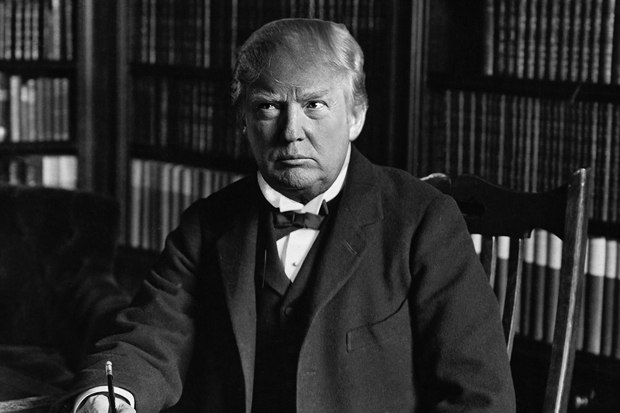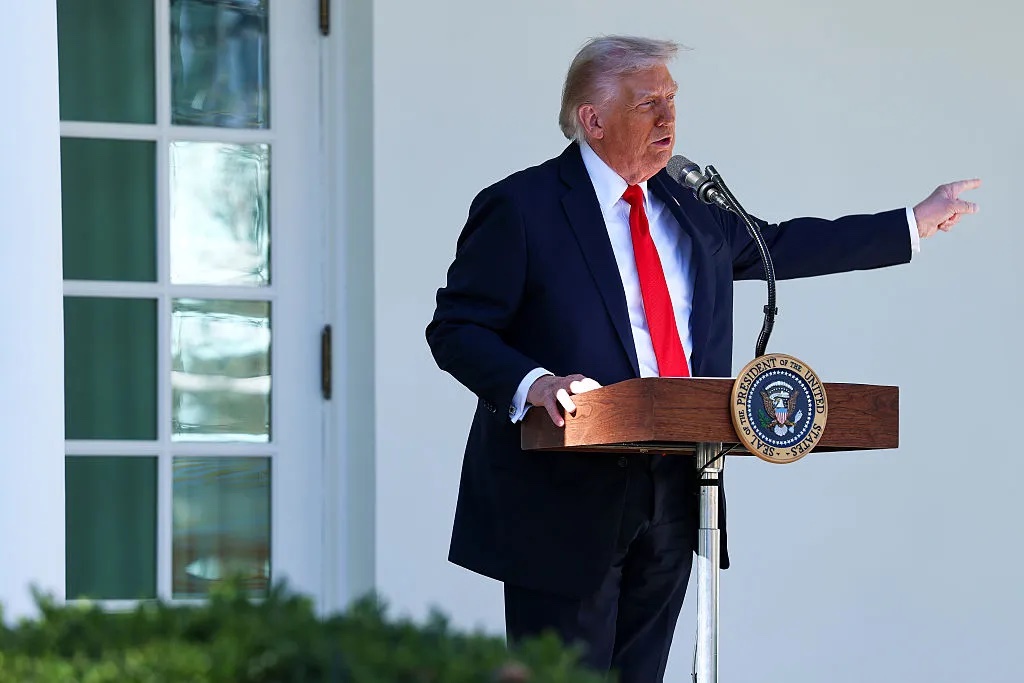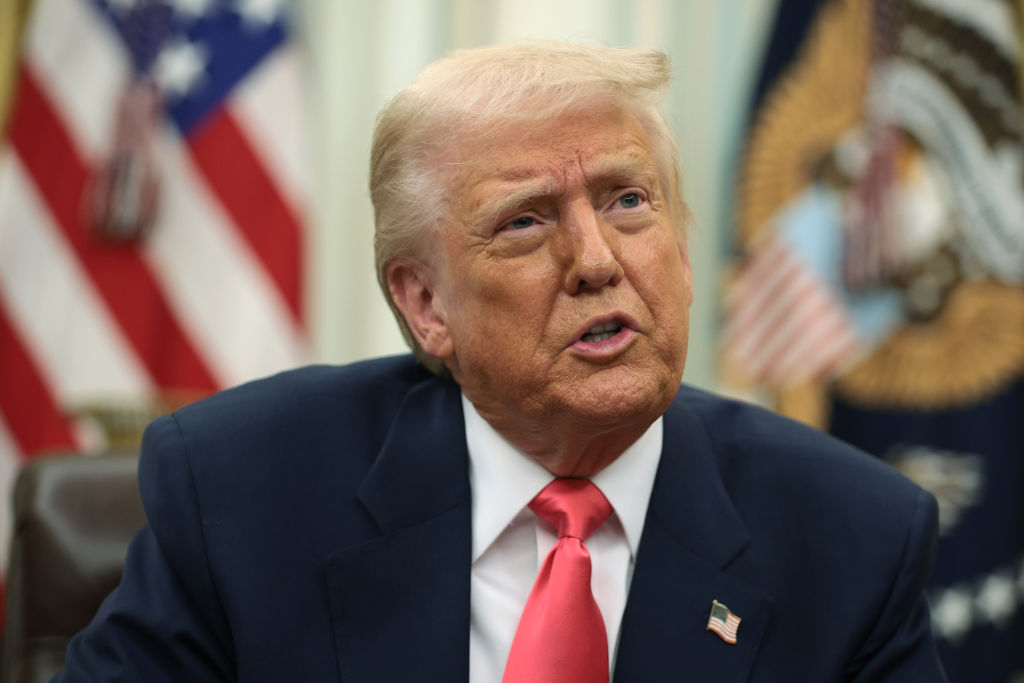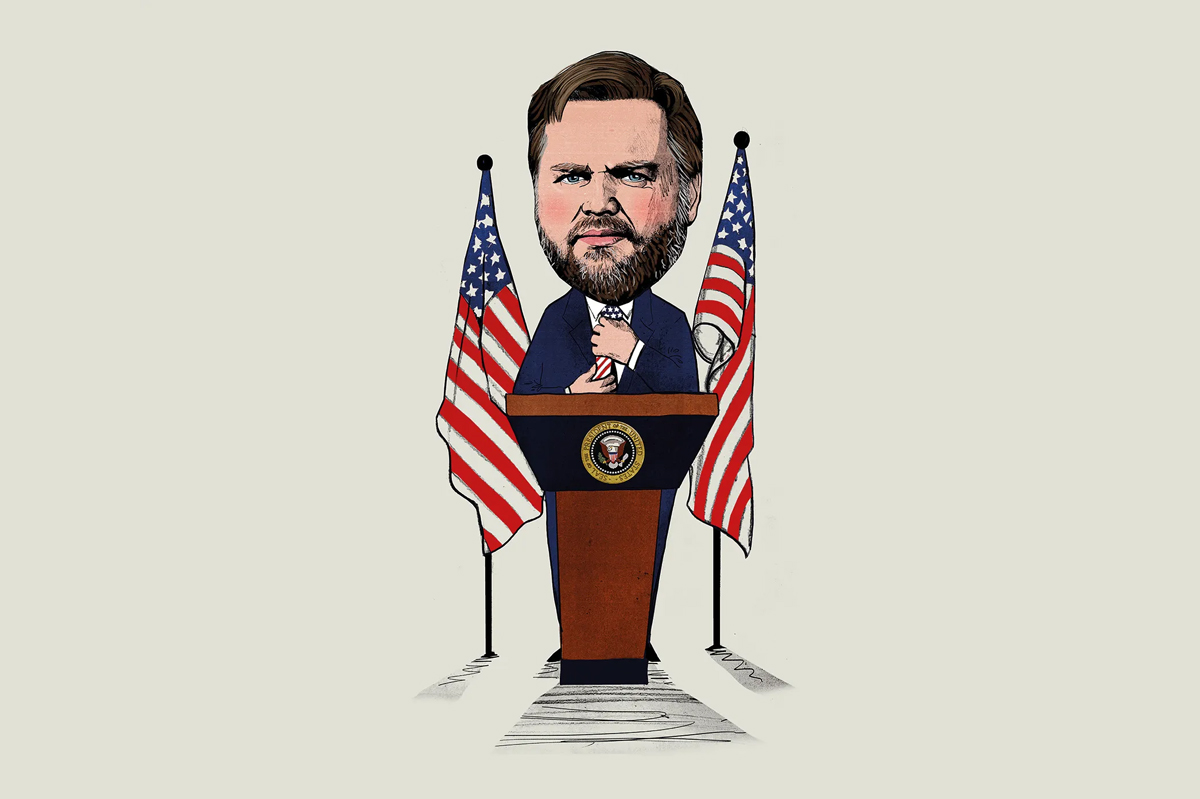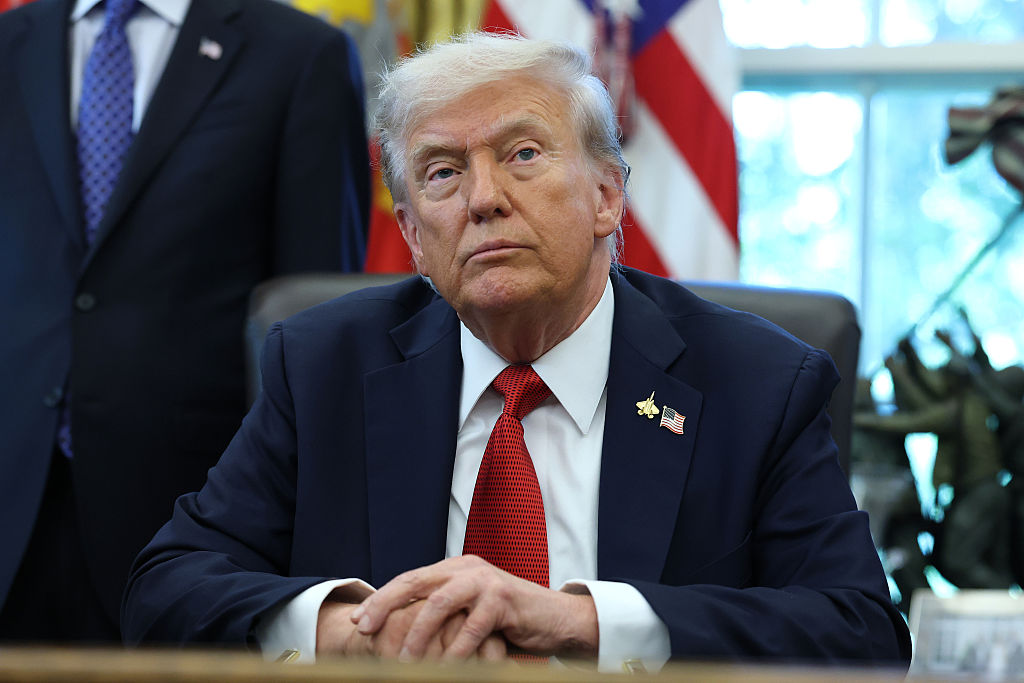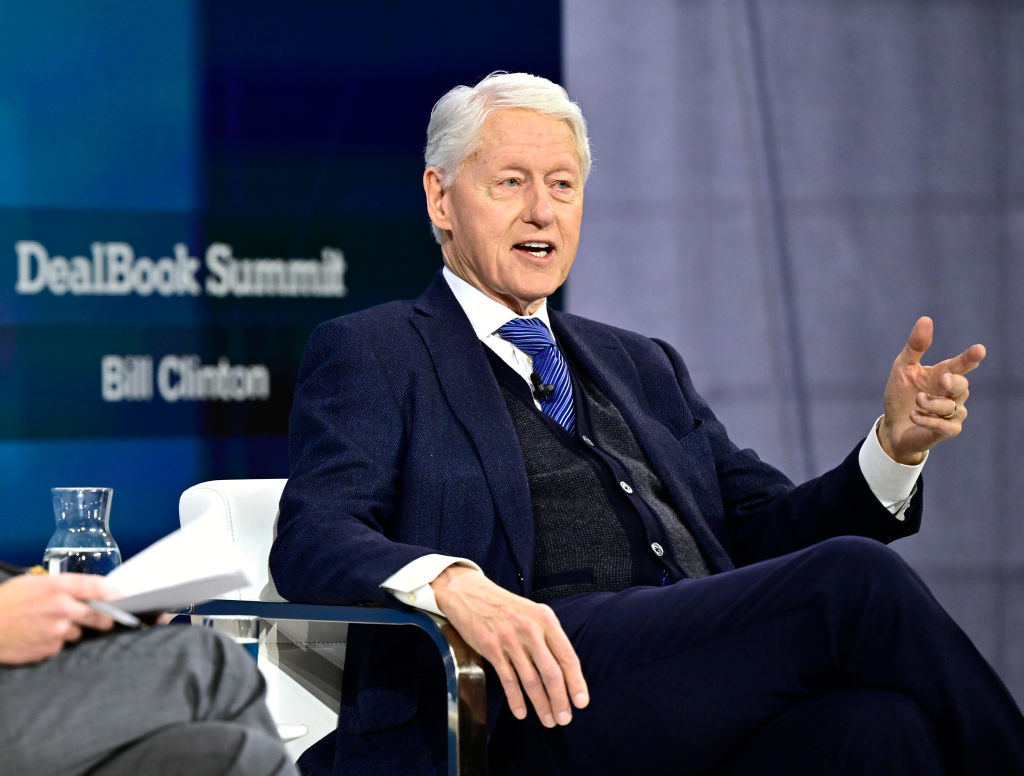The weeping and wailing that is greeting Trump’s imposition of tariffs on steel and aluminum products entering the US is evidence that no one in America knows anything about the history of the Grand Old Party. Paul Ryan and the libertarian right are acting as if the President is betraying some long and distinguished tradition. This is nonsense. The Republican party was founded as an alliance of Big Business and government, with its platform devoted to huge land grants to the railroads, heavy taxes on “sinful” products like alcohol and tobacco, and protective tariffs.
The American steel industry has been leading the charge for tariffs since 1820: yes, some things never change. The industry was chronically inefficient throughout the nineteenth century, as Murray Rothbard points out in his posthumously published study of The Progressive Era. Repeated attempts to form a cartel, with controlled prices and reduced production, failed repeatedly. The solution – which wasn’t a solution at all – was to form a gigantic trust, the United States Steel Corporation, which was under the control of J. P. Morgan. Yet prices still kept falling, along with the profit margin of the trust, with US Steel’s market share consistently shrinking.
The “party of great moral ideals,” as the GOP thought of itself, was in reality the party of the great industrialists, such as the Morgans, who successfully used their political influence to impose tariffs and quash foreign competition from the vastly more efficient British steel industry.
Abraham Lincoln campaigned on a platform of high tariffs and imposed a 44 percent tariff while in office. The McKinley tariffs, a whopping 50 percent tariff on all imports, were enacted by the victorious Republicans in 1890: on the other hand, President Grover Cleveland, a Democrat, devoted most of his 1887 State of the Union address to a jeremiad against tariffs.
The Democrats, on the other hand, were originally the party of laissez-faire: hard money, free markets, free immigration, and free trade. It wasn’t until the Democratic party national convention of 1896, when the party turned against a sitting President, Grover Cleveland, and nominated the inflationist William Jennings Bryan, that the Democrats started the long march down the statist road.
This may seem counterintuitive to those who are used to seeing the GOP as the party of free markets, but this ideological commitment is very recent – and, as we have seen, paper thin. The party was not only deeply committed to tariffs, but also to strict limits on immigration: indeed, these positions were complementary. While tariffs were seen by the working classes for what they truly are – a regressive tax – the Republicans and their industrialist backers and donors offered the masses a deal: accept the tariff and you’ll get protection in the labor market against immigrants. Indeed, the GOP was fanatically anti-immigrant, for a host of reasons, religion being one of them: the pietist-Protestant orientation of the Yankee New England-based Republicans grated against the relatively laissez-faire attitudes of German and Southern European immigrants.
Trumpism isn’t a break with tradition: it is, instead, a return to the GOP’s roots.



